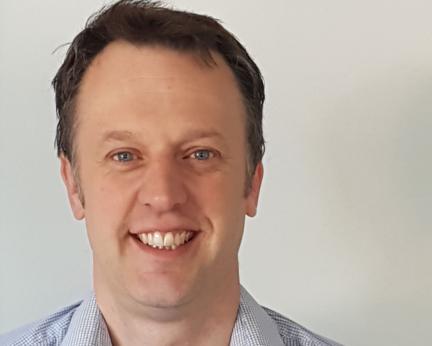I grew up in a rural area between Halifax, Bradford, and Keighley in a village called Denholme. It was an area of social deprivation in the 1990s where my family experienced crime in many forms as we grew up.
I have always enjoyed working with young people. I was previously a teacher and initially enjoyed teaching biology. As my experience grew, I began to be more drawn to the pastoral side of teaching. I experienced young people with conditions like anxiety and autism and gained a great deal of satisfaction if I could help these children in some way. This reached a point where I wanted to support people to be the focus of my work. I was inspired by a particularly kind and patient teacher who took time to listen to the children rather than focus exclusively on teaching requirements.
I was in my mid-thirties and lacking confidence to apply for medicine as I questioned whether I was intelligent enough despite good exam results many years before. I heard on the radio that there were two types of regret - doing something which you regret, which typically doesn't last long, the regret of not doing something, perhaps not pursing a dream or ambition, and this can be long lasting and haunting - on hearing this I decided to bite the bullet!
I also received some counselling for a series of miscarriages we experienced. I reflected on the benefit I received from discussing these life events with a counsellor at Medical School, and I recognised the power of talking interventions, which shaped my career choices. Previously I had been drawn to the quick and effective interventions offered by a career in surgery, but these experiences altered my perspective.





